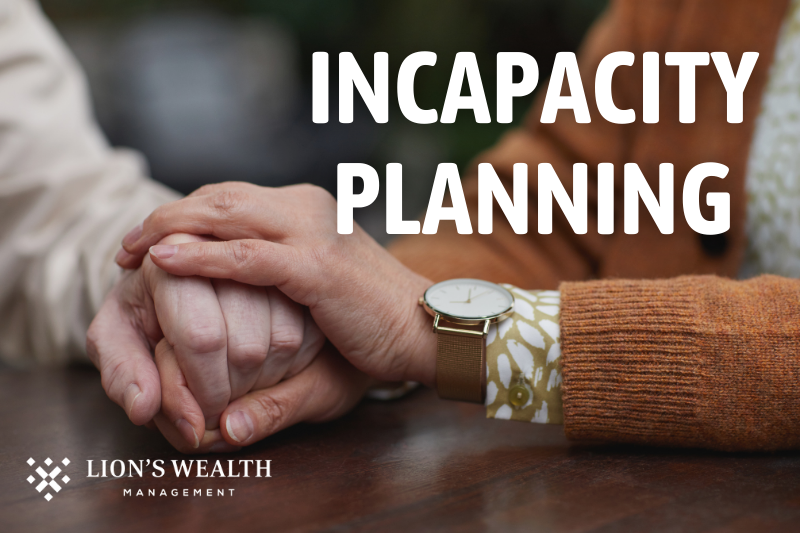Why Is Incapacity Planning Necessary?
Estate planning is not only having a plan in place to distribute your property and assets after your death, but also having a strategy in place to cope with what happens if you become incapacitated. Many of the same benefits of estate planning (privacy, independence, and control) apply to incapacity planning, but it is done while you are still alive.
Incapacity caused by an accident, abrupt sickness, or injury means you are unable to make educated financial and health decisions. In the absence of an incapacity plan, a judge can appoint someone to govern your assets and make personal and medical choices on your behalf as a court-appointed guardian. However, incapacity planning is complicated and time-consuming, resulting in a loss of time, money, and control for both you and your loved ones.
Managing Your Finances
You may prevent losing financial control by creating two papers during your lifetime: a financial power of attorney and a revocable (living) trust. Appointing a financial power of attorney allows you to choose a trustworthy individual to manage your assets and financial affairs if you are unable to do so yourself. Your power of attorney (also known as your attorney-in-fact) has the authority to pay your bills, manage your investments, submit tax returns, and manage any other financial issues specified in the instrument. Financial powers of attorney can be permanent, taking effect as soon as they are signed, or temporary, taking effect only after you have been proven to be mentally incapable.
Establishing a revocable (living) trust throughout your lifetime is another way to ensure that your assets are correctly managed in the event of incapacity. You are the grantor, trustee, and beneficiary of your revocable trust. However, if you become disabled, your selected replacement trustee will handle your trust assets during your incapacity.
Making Health Care Decisions
A healthcare directive (sometimes known as a living will) and a HIPAA authorization are two crucial papers that should be in place before becoming incapacitated to govern your medical treatment. A healthcare directive allows you to specify your healthcare preferences in the event that you become incapacitated and unable to convey them directly to your medical care providers. It also lets you to define what life-sustaining medical care you want or do not want to get if the circumstance arises. A living will might be as specific or as broad as you choose. The more specific the directive, the more your loved ones and medical care professionals will comprehend the sort of medical treatment you choose. You can also name a health care representative or a medical power of attorney in the document, as items can be left out of even the most complete living wills. In the event that you are unable to make or communicate medical and healthcare decisions for yourself, your health care representative functions as your agent.
Federal and state rules govern who can get medical information without the patient’s explicit consent. A HIPAA Authorization (Health Insurance Portability and Accountability Act) permits you to provide loved ones and others access to health-care information. A hospital or treatment facility may not even be able to tell your family and friends whether you are undergoing treatment at that location if you do not have a HIPAA permission in place.
All these instruments deliver essential services at an essential moment. In an otherwise uncertain period, these legal documents can provide you with piece of mind. You will also be doing a valuable service for your loved ones. If you become disabled, they will not have to deal with the extra stress and worry of attempting to predict how you would like your affairs to be handled. The advice offered in incapacity plans is important.
When Should I Begin Working on an Incapacity Plan?
While you have capacity, you should focus on developing an incapacity plan. We never know what illnesses or accidents may strike us, thus we never know when we may lose capacity. I always urge individuals to start planning for this as soon as feasible.








